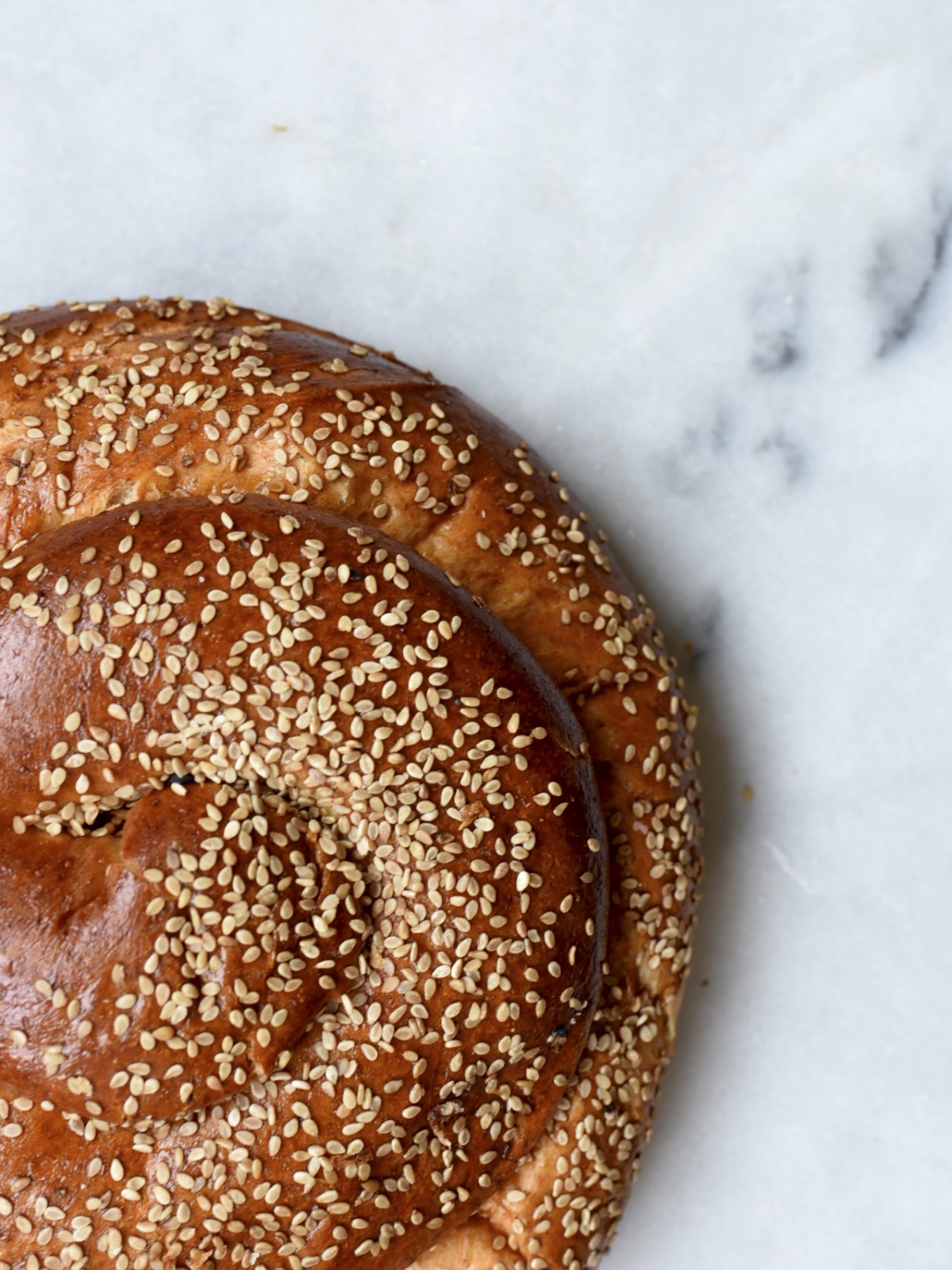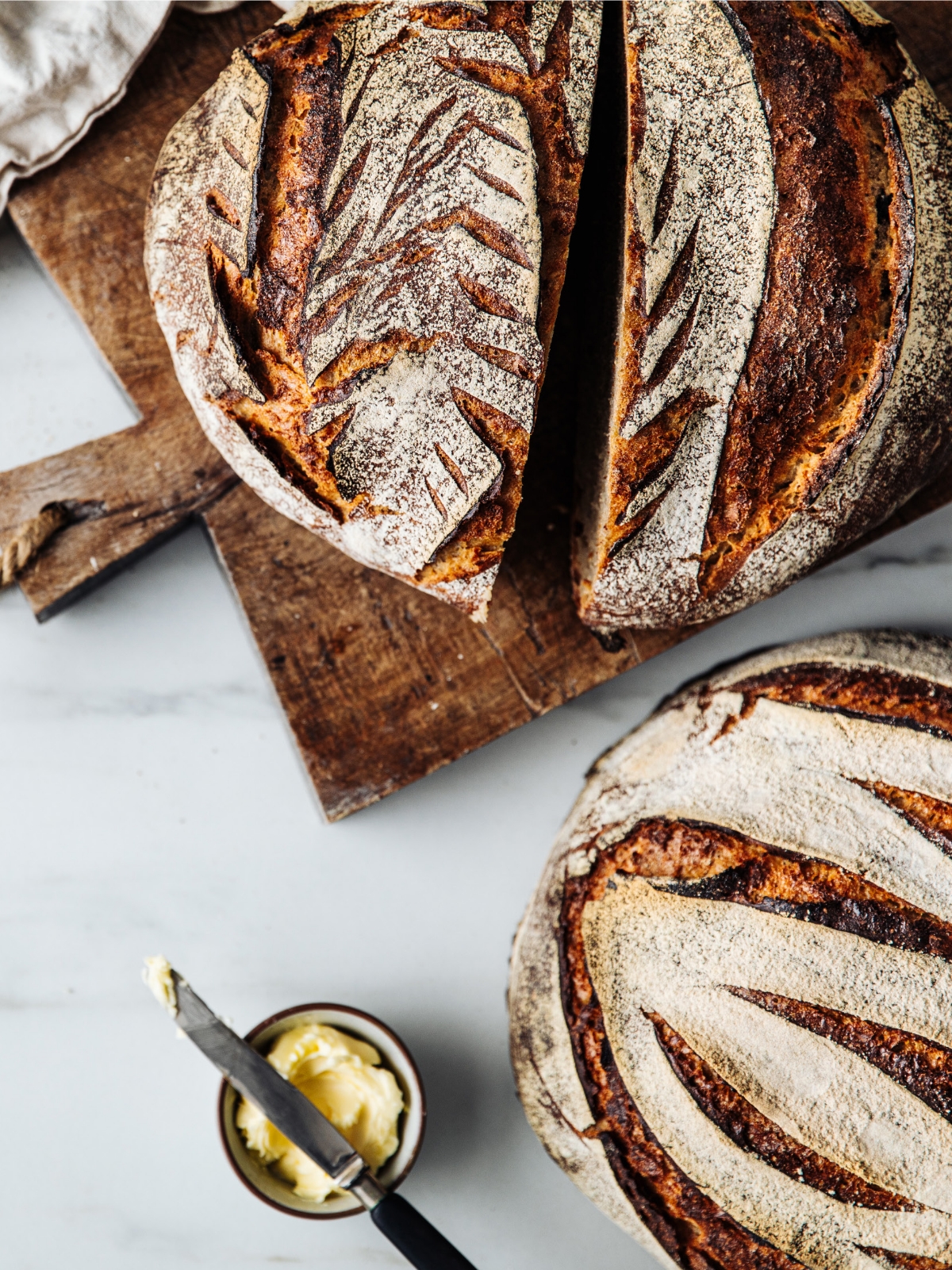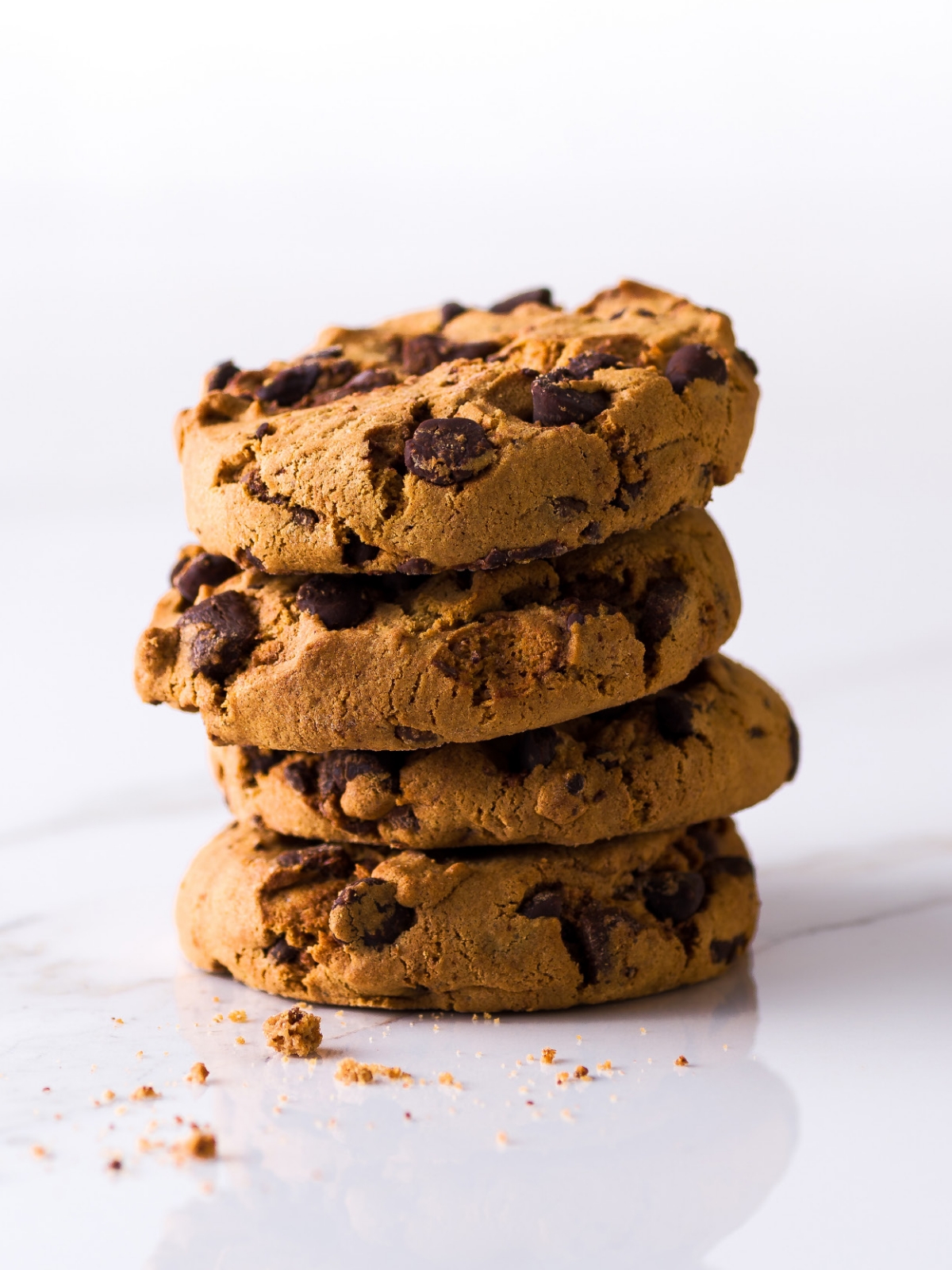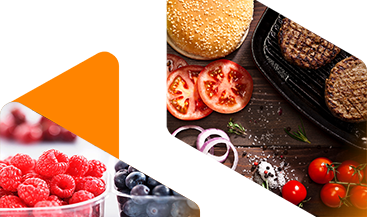
Mindful nutrition and innovation in the bakery sector
Today's health-conscious consumers are increasingly demanding that ingredients are Better for Me and Better for the Planet. Our focus is transitioning to delivering sustainable and nutrient-dense, functional products in the bakery sector.
As the world learns to live with COVID-19, focus intensifies on boosting and maintaining health. More and more consumers have become "mindful nutritionists," educating themselves on what they need for health and what the nutrient density and functionality of their food need to be.
Immune health has become a fundamental requirement for the health-conscious consumer, to enable the prevention of disease or to assist with recovery; consider the research that has linked hypertension, which is exacerbated by high sodium intake, as a risk factor for severe COVID outcomes (1). Self-care in all its guises, from supporting mental health to improving the way we look and therefore feel, has gained more importance for the health-conscious consumer and will continue to guide purchasing choices.
Clean labels (read our helpful guide) are essential in providing the health-conscious consumer with information and therefore confidence in their chosen products. "Front-of-Pack" claims are becoming well established throughout North America. The concept of "Clean Conscience" is beginning to supersede clean labeling, as it goes beyond what is good for the body and reflects what is good for the planet, the provenance of ingredients, and their environmental sustainability.
Formulating in the bakery sector for this new generation of health-conscious consumers sounds challenging, right? The following insights will help address the latest trends in bakery.
Discover "Simple Foods to Nourish" clean-label ingredients »

Healthier baking: boosting nutrient density with nature-derived ingredients
What are the trends in the baking industry? According to Mintel's 2022 report on Healthy Eating (1), healthier product considerations in the next two years will focus on solutions that support consumers' self-care practices and boost nutrient density, while reducing fat, sugar, and sodium.
North America’s bakery product market is expected to grow at a CAGR of 4.8% in the period 2020-2027 (2). Health-conscious consumers are driving growth in key segments that cater to their needs including gluten-free, keto, high protein, low carb, and fortified products.
The pandemic has brought health and wellness products to the fore, with preferences moving towards reduced fat- and -sugar, and a desire for more natural and free-from products (3).
Consumers have not typically looked to the bakery market for healthy sustenance, but the pandemic has resulted in a more hands-on approach to baking (not just banana bread) and therefore a renewed interest in what goes into our food and our body.
Consequently, the industrial baker has opportunities to fulfill the increased demands for healthier in-home and on-the-go baked goods and inherent challenges in how to deliver them.
Enriched dough and holistic health ingredients in bakery
For the Mindful Nutritionist, the definition of "enriched" has broadened to encompass not only some of the wonderfully enriched doughs that produce brioche, sourdough bread, and cinnamon buns but also include ingredients that enrich the body and mind.
More is being discovered about the significant effects of the gut microbiome on holistic health. "Gut microbiota plays a significant role in maintaining host health, which could supply various nutrients, regulate energy balance, modulate the immune response, and defense against pathogens" (4). Offering consumers easy ways to boost fiber intake by inclusion in baked goods is one way to attract the Mindful Nutritionist who is looking to improve their immune health. In terms of formulation for bakery, functional ingredients such as oligofructose, prebiotic dietary fibers derived from sugar beet and cane sugar; or, fibers from potato or pulses could be ways to achieve this goal.
Opportunities exist to deliver protein-enriched baked goods, that would benefit the health and wellbeing of specific customer groups, including growing children and the elderly, as well as having a wider appeal for the mindful nutritionists and their self-care agenda. This could be achieved using whey protein powders, or if the emphasis is plant-based, then pulse, oat, and wheat proteins offer versatile ways to increase protein content.
In terms of product formulation, the increasing dominance of the plant-based market means that the ingredient list must show the product's plant credentials, but while "taste remains king," the product still must exceed organoleptic expectations.


Formulating baked goods with a cleaner agenda
Across North America and Europe, consumers are being given more information about the health components of the food that they are purchasing. Many European markets are adopting the Nutri-Score, a front-of-pack label, that provides user-friendly information on the nutritional quality of food and beverages, using five different colors to classify food products into five categories. A recent study on the UK’s voluntary traffic light system front-of-pack label supports making these labels mandatory (5). In addition, promotions on food and drinks high in fat, sugar, and salt (HFSS) in medium to large UK retailers will be restricted from October 2022.
Every ingredient in every product will need to earn its place on the ingredient list and corresponding front-of-pack labels, contributing to the nutritional component of the product or replacing fat, salt, sugar, or indeed any specified allergen.
Formulating baked goods within this increasingly stringent framework is the challenge of the day but numerous innovative ingredients now exist to ensure that the products can be successfully formulated to be everything that they need to be.
Product developers have a range of functional "replacers" at their fingertips. In terms of fat reduction, starch-based ingredients from potato or tapioca offer water- and fat-binding properties, while maltodextrins from waxy corn mimic the texture and melt-away of soft fats. Salt-reduction can be achieved using potassium-based or calcium-based leavening agents in place of salt, or flavor modulation systems or stevia extracts to enhance the savory flavor profile. Stevia has become a mainstay of sugar-reduction strategies, along with sugar alcohols, polyols, and fructo-oligosaccharides (FOS) that offer a prebiotic, lower-calorie alternative to sugar. For bakery applications, cereal and dried fruit extracts may provide not only natural sugar reduction but also additional desirable properties such as natural color, depth of flavor, and crispness.
Nutrition and sustainability in bakery products
Mintel's 2022 report on Healthy Eating (1) suggests that the focus for the next five years will concentrate on a sustainable food supply chain while developing ingredients that act on food waste and loss to help mitigate global hunger and food insecurity. A tall, but necessary, order, and one that will resonate with the Clean Conscience mindset – requiring clean labels and a minimal environmental footprint. For example, enriching baked goods with proteins derived from pea and bean sources, which offer the least amount of greenhouse gas emissions per gram of protein, is both "better for consumers" and "better for the planet."
For the baked goods market, consideration must be given to sourcing and provenance of key ingredients, and the impact on social equity and conditions of the growers. This, along with information relating to regenerative agricultural practices, will in time become part of the consumers' evaluation of the way we do business.
Right now, innovative baked goods manufacturers have at their disposal solutions for creating sustainable and healthier products. Take the example of naturally occurring and sustainable enzymes, which are healthier alternatives for industrial baking. Such enzymes can extend the shelf-life of baked goods, resulting in improved condition and product quality, and improved appearance. Since baking enzymes are typically classified as a processing aid, it is not required to include them in the ingredient declaration, keeping that all-important label clean.
Innovative and natural methods to reduce food waste without the need for additional or undesirable preservatives are something that mindful nutrition consumers will be pleased to hear.

Discover more at univarsolutions.com/foodology or contact us at [email protected] (+1-800-531-7106).
References
1. Mintel Healthy Eating Report 2022 (prepared for Univar)
2. https://www.mordorintelligence.com/industry-reports/north-america-bakery-products-market
3. https://www.euromonitor.com/baked-goods-in-the-us/report
4. https://pubmed.ncbi.nlm.nih.gov/35047537/
5. https://www.qmul.ac.uk/media/news/2021/smd/new-study-supports-call-for-mandatory-front-of-pack-labelling-to-improve-diets.html

Access your SDS now through your account. New customers can request one here.


 EMEA
EMEA Latin America
Latin America North America
North America Asia
Asia